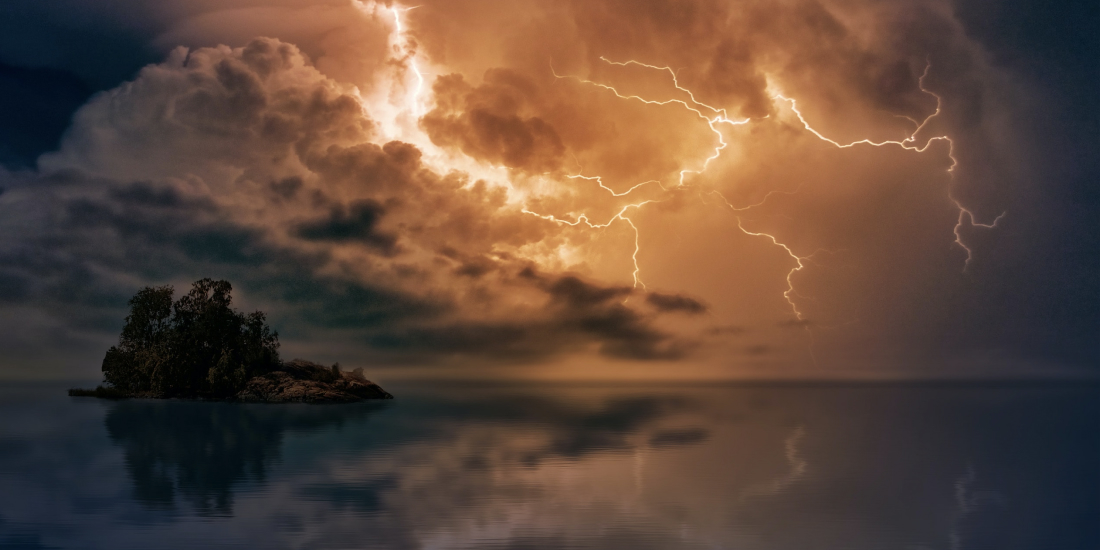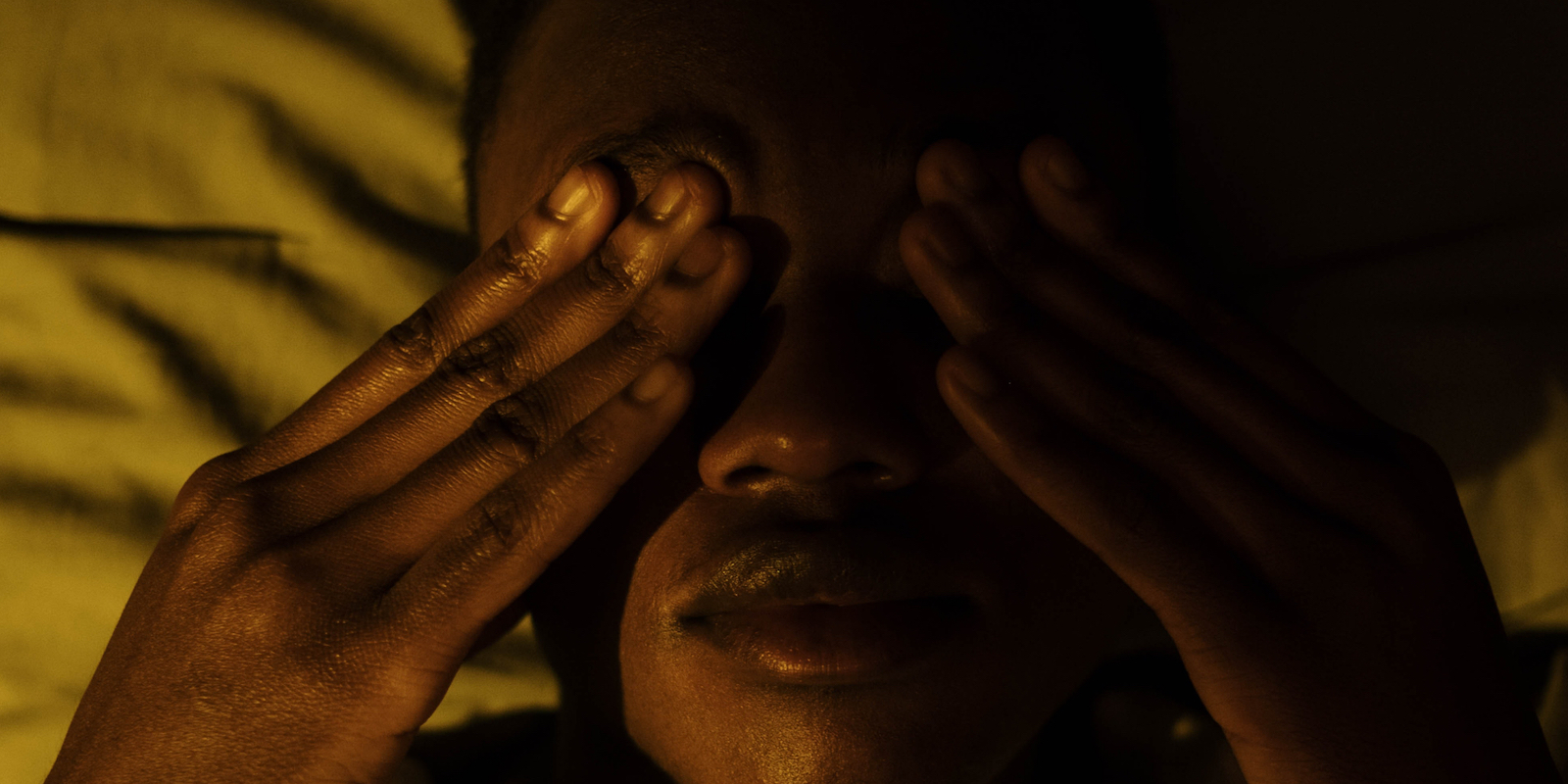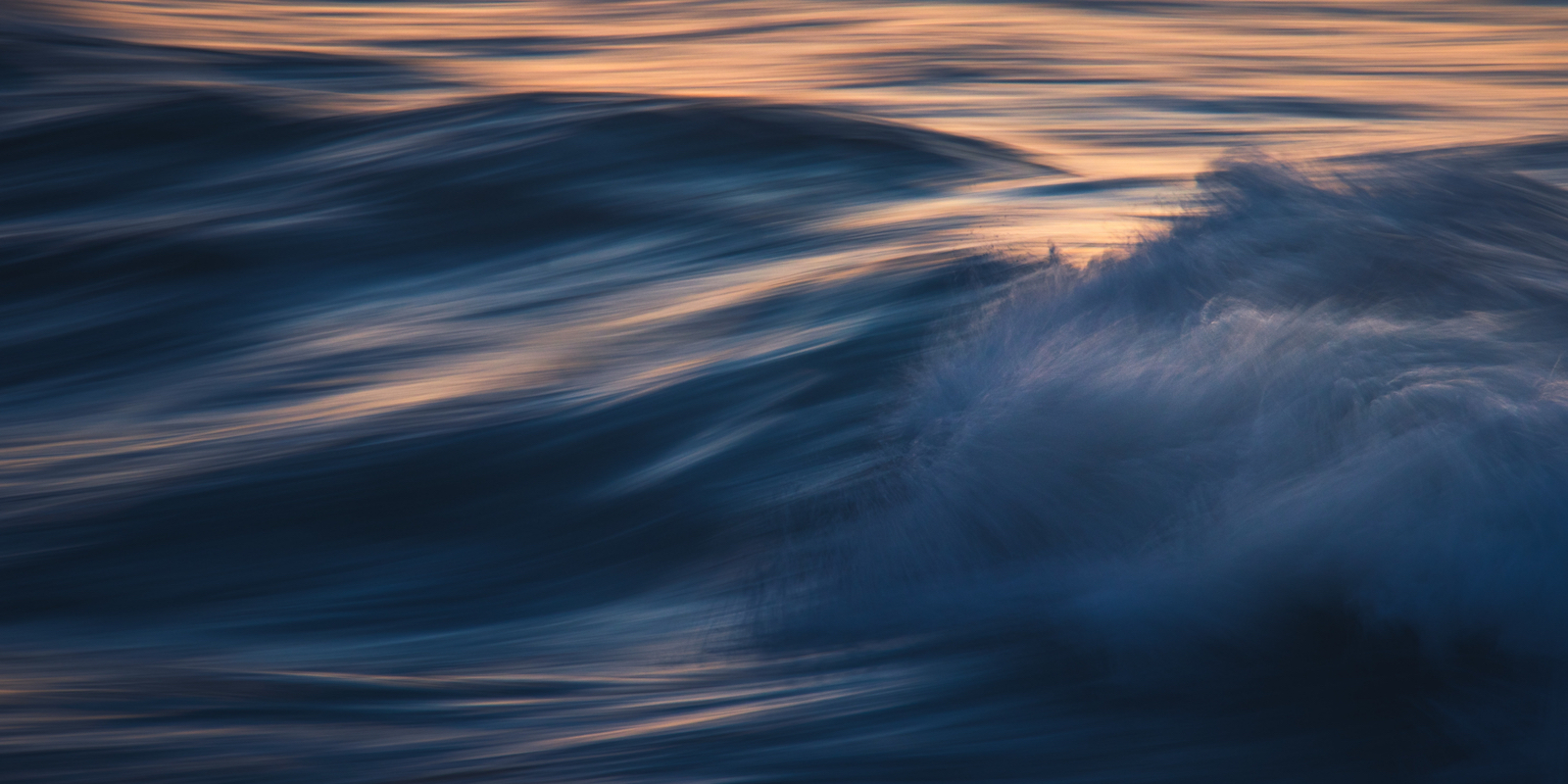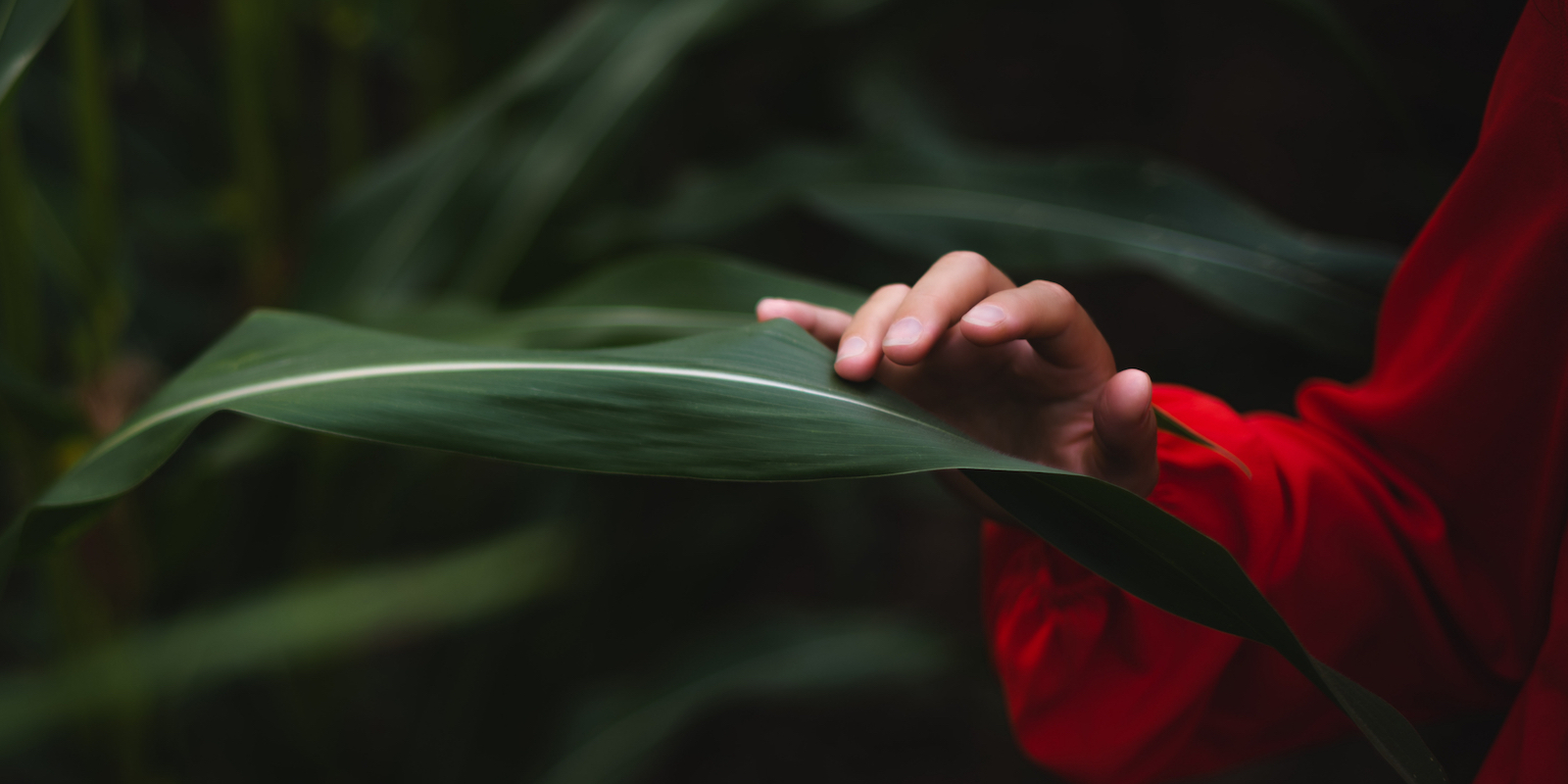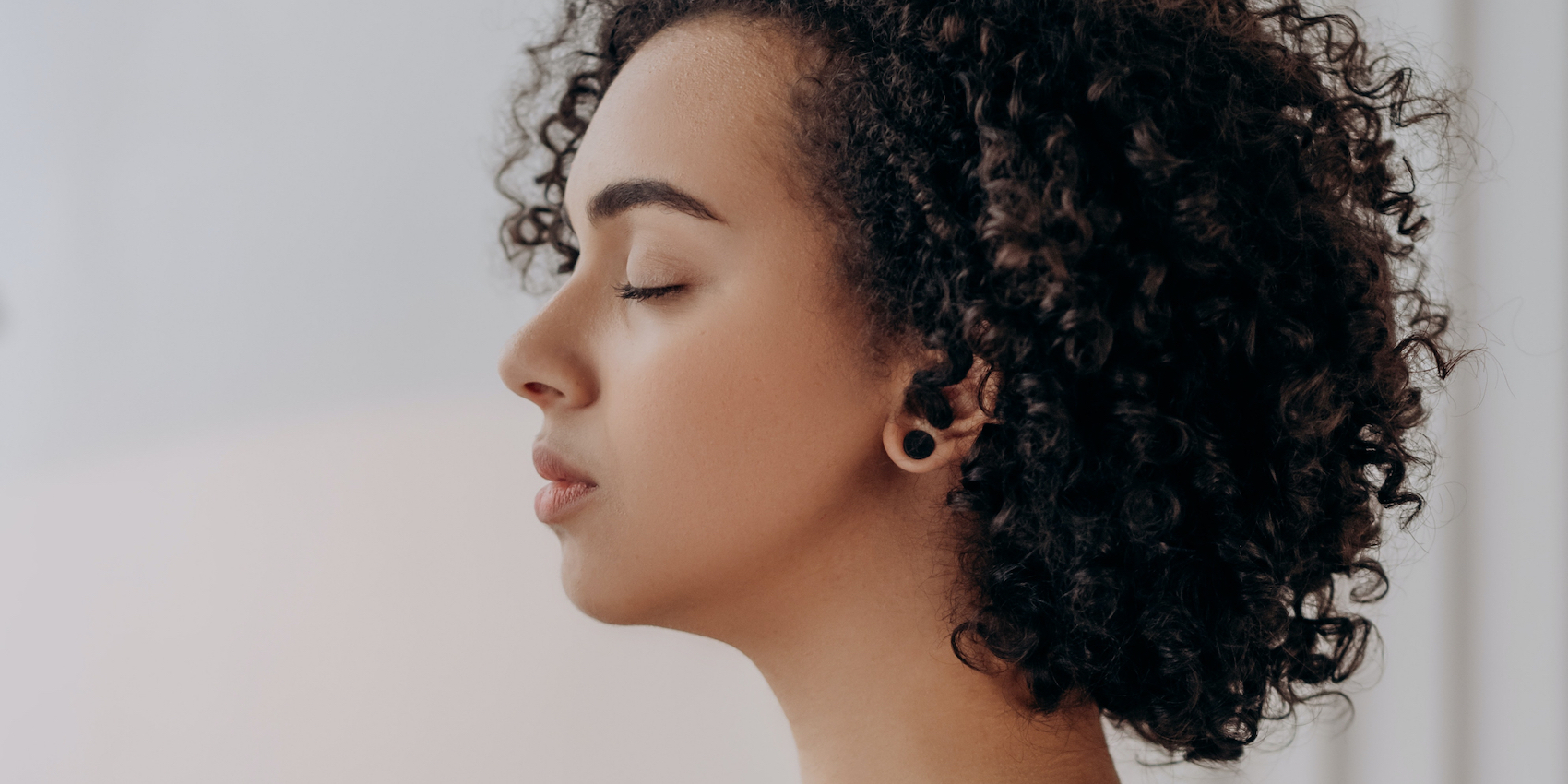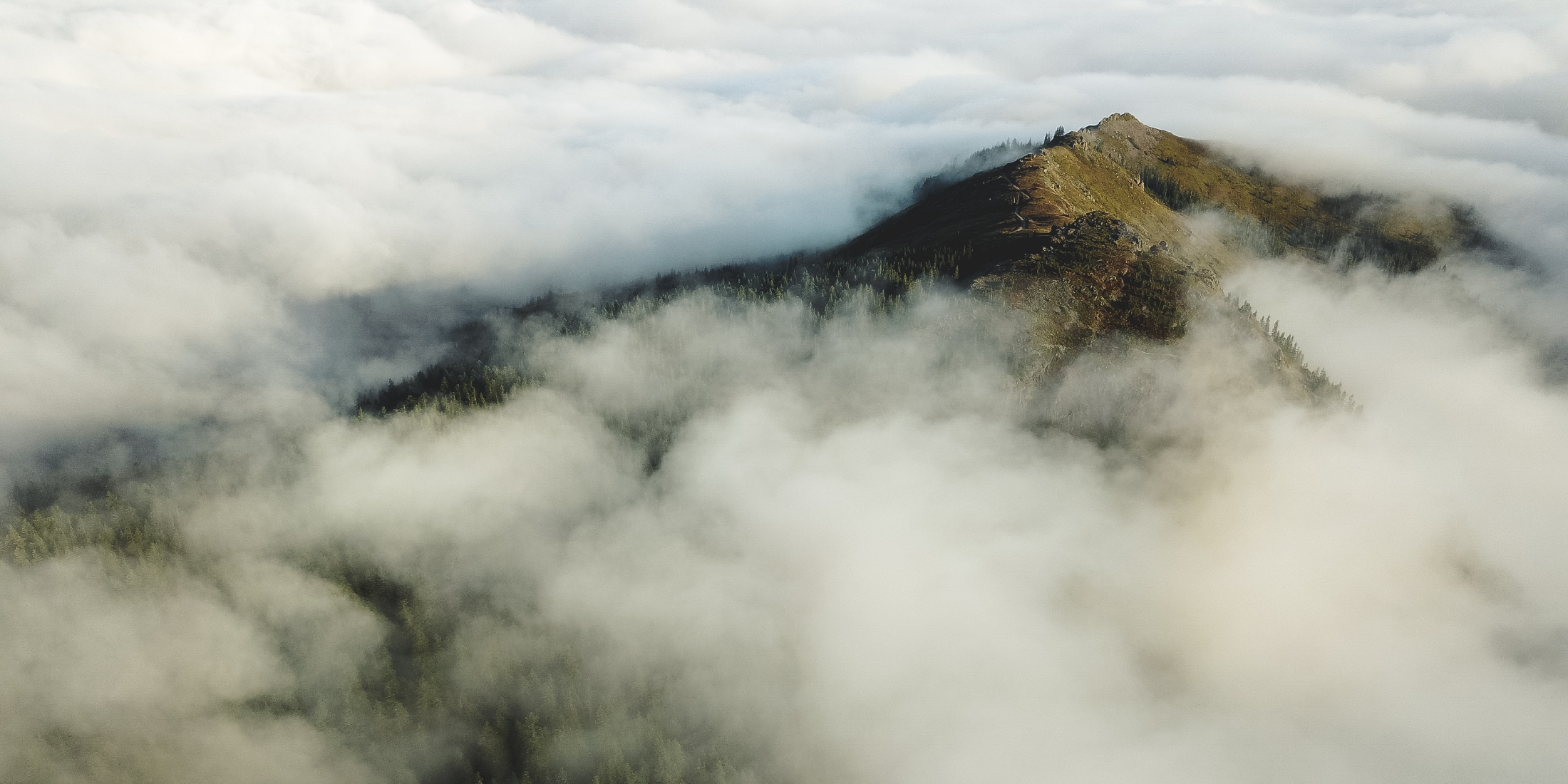As 2020 rose to meet us, it brought with it something novel – something that few of us have ever experienced in this way. Alongside this pandemic’s unfolding, fear and anxiety swept across the globe to an equal (or arguably greater) degree. The news frenzy was subtle to begin with, but soon, the coronavirus was not just front-page but all-page news.
And while the live updates provided enabled us to remain informed, it does not overwhelmingly promote curious, open-minded reflection of the virus and the challenges it would pose. Provoking headlines and startling statistics naturally led us to drawing quick conclusions, much of which have fuelled our high levels of collective fear.
Yet beneath the headlines, statistics, and opinions is the opportunity for deeper reflection. On the other side of our habitual response to these fear-inducing words and numbers is the invitation to cultivate a greater sense of curiosity – to broach the challenges we face with an open mind and contemplative heart. By cultivating curiosity, we counteract the mind’s tendency to draw conclusions. In doing so, we open to new possibilities, find respite from our concerns, and strengthen the connections we have with others.
Curiosity Over Conclusion
When we take a look at the habits of the mind, we might notice the tendency we have to draw quick conclusions. The mind yearns to be in control, and so conclusions are a highly effective way of attaining it. When it comes to the pandemic we are facing, the conclusions we draw – even if alarming – might provide some sense of safety to the limited mind. At least then, the mind can reason, it is ‘in the know’ and can better protect itself against the frightening future.
Examples of conclusions we might draw in relation to this pandemic include:
- ‘This’ is a good way to respond.
- ‘That’ is a bad way to respond.
- ‘Those people’ are selfish.
- This is a conspiracy.
- This is not a conspiracy.
- We are doomed.
- We will soon go back to the way things were before.
Or, the conclusions we draw are more subtle, simply being an unexamined belief that the knowledge we hold represents the entire truth. Yet as Charles Eisenstein writes in his essay The Coronation: “What is going on here? Again, I don’t know, and neither do you.”
Cultivating curiosity in place of conclusion is an invitation to soften our assumptions and to embrace the fact that there is much unknown here. Even as we create just a bit of space around our thoughts and beliefs for some other explanation or idea to be possible, we begin to move from a place of contraction to one of expansion.
Read more: Psychotherapist Ryan Lewis shares different evidence-based psychological and cognitive strategies for coping during COVID-19 to become more aware of habitual thought patterns and emotional habits.
From Contraction To Expansion
When in an expanded state, we hold an open mind that is prepared for new information to filter in and new ideas to mix with old. In contrast, a contracted mind – one that is firm in its views, beliefs, and conclusions – struggles to witness and embrace the complexities or nuances of life. It finds it difficult to accept the flow of opposing information, ideas, and possibilities.
As we begin to soften the walls around our views, beliefs, and conclusions (not denying them but simply providing room for the unknown to breathe, too), we develop greater mental flexibility. We move from a contracted state of mind to an expanded one.
Shifting in this way can also help us to find some respite from our fears and worries. When we are in a state of fear, our vision narrows – both literally and metaphorically speaking. It is a part of the body’s fight-or-flight response for the pupils to dilate during stress – and in the same way, our capacity to take in peripheral or alternative viewpoints lessens.
By opening up with curiosity, we start to consider:
- Perhaps there is a third way to respond to this.
- Perhaps there is some truth ‘here’ as well as some truth ‘there’.
- Perhaps things aren’t only as they seem.
- Perhaps there is opportunity in this crisis.
- Perhaps I can find space to breathe here.
Broadening our lens can be uncomfortable at first, particularly if we haven’t practiced it before. It can be challenging to release the yearning to draw a decisive conclusion because it leaves us open to the unknown – and this is a vulnerable place to be at first. However, as we melt into it, we might tap into a sense of relief – a newfound freedom from needing to know. Because at the end of the day, the world and the universe it is a part of is one great big unknown.
In addition, broadening the mind and softening what we think we know can strengthen and deepen our connections with others. It can be easy to label other views and beliefs as ‘wrong’ or ‘bad’ when we uphold strong walls around our own. Yet as we open to all possibilities about the present and about what will come in the future, it becomes possible to hold numerous ideas side by side. This is important because the truth of the matter is that none of us know for certain what is happening or where we will go from here.
Read more: Many factors that contribute to overwhelm come from within. Explore how to focus on the things that really matter and create “mental white space” that reduces the anxiety of feeling overwhelmed and gives us clarity to respond skillfully and compassionately.
How To Cultivate Curiosity
Cultivating curiosity is something we can gently develop through meditation and contemplation. It is not something we need to ‘do’ as much as it is something we can ‘open’ to. Curiosity is an innate part of our nature, and yet as we depart our childhood years, many of us lose touch with that inquisitive, unassuming side of ourselves. Children know that there is a whole world of things they don’t know; perhaps we might learn to welcome back in that understanding.
Through my guided meditation, ‘Cultivating Curiosity During A Pandemic’, listeners are invited to relax the body, soften the mind, and then begin a process of asking more questions – questions we don’t tend to pose ourselves too often.
Some of the questions you might explore to cultivate a greater sense of curiosity include:
- How do I know that my beliefs are true?
- What firm opinions do I hold that I might soften?
- What tension and anxiety is present in the body, and which of that might I consciously begin to ease?
- Can I open up to greater unknowing?
- Is there another way of viewing this?
- What part of my past experience and conditioning contribute to this view that I hold?
- What part of another’s past experience and conditioning contribute to the particular view that they hold?
- What information might I not have or might I not be taking in?
In asking these sorts of questions, we naturally move from a place of knowing to one of unknowing – from a place of finite conclusions to one that is ripe with infinite possibilities.
- Gillian Florence Sanger Cultivating Curiosity During A Pandemic 14:05
And as the story of the world changes before our eyes, we might take the invitation to meet this time of unfolding with curiosity and thoughtful reflection. None of us know where we are going from here, but if we open our hearts and minds to all that is possible (not just some fraction of it), we might find ourselves blossoming in unusual, unexpected, and enlightening ways.
Explore all of Insight Timer’s coronavirus resources that help to ease anxiety and cultivate connection, compassion and resilience.


